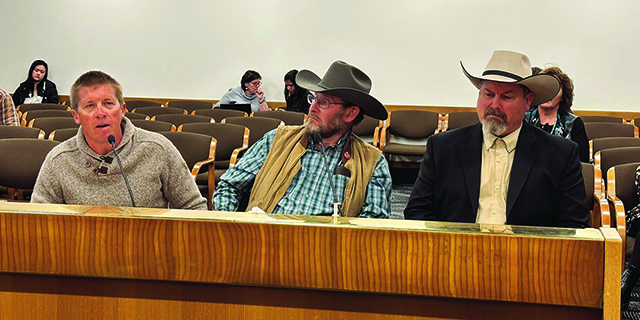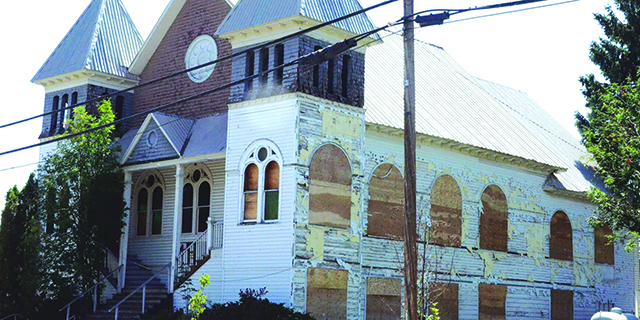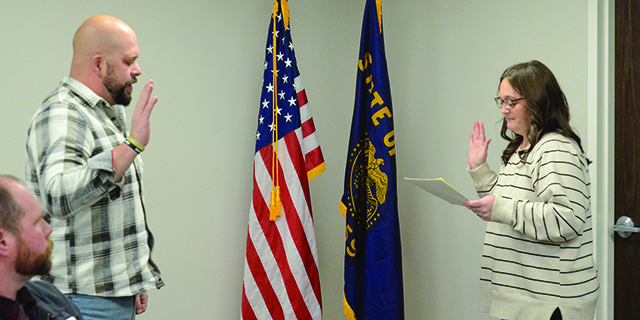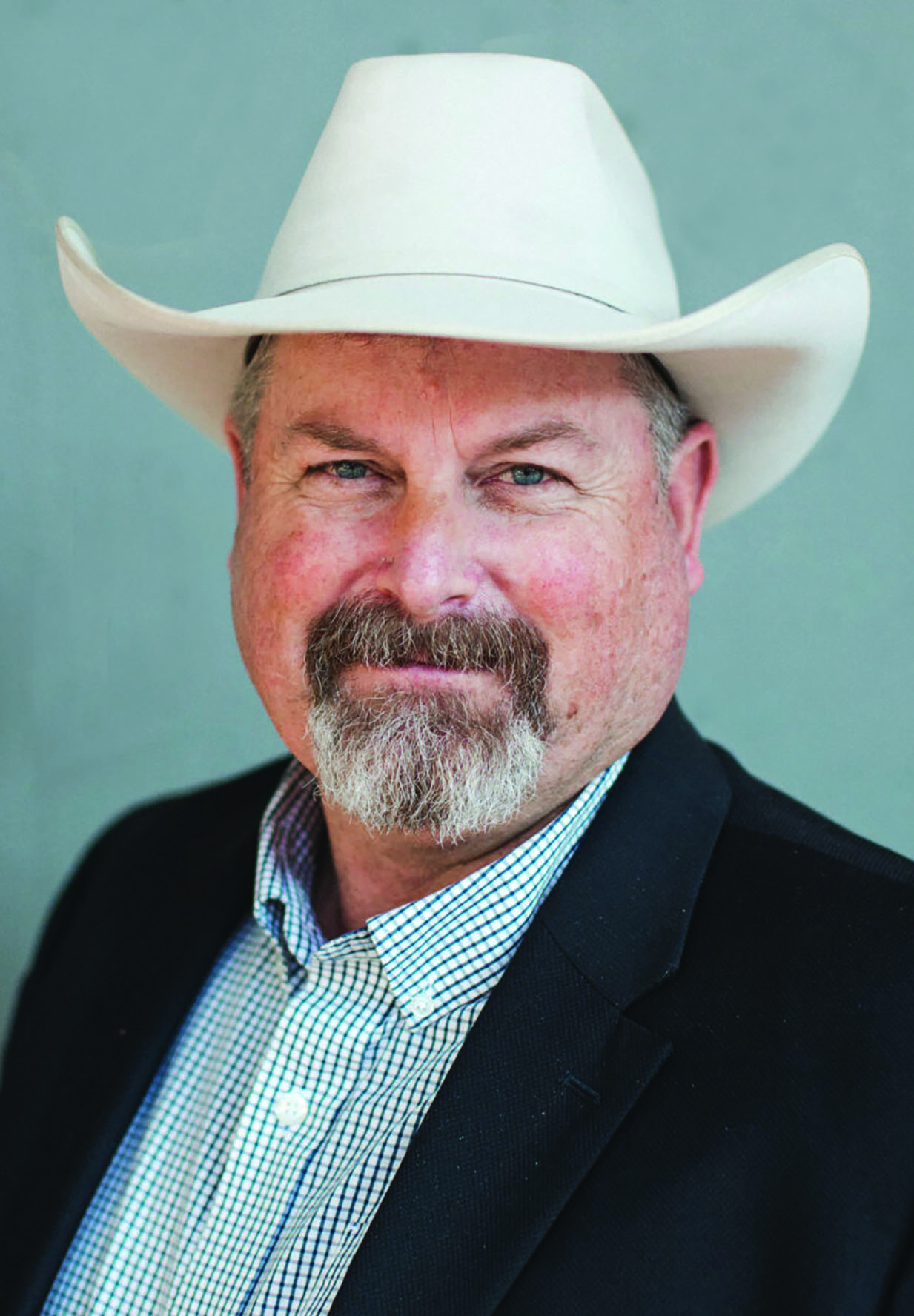POLITICAL PHILOSOPHY: One last replay of a long and bitter slog
Published 4:00 pm Tuesday, November 27, 2012
Before the 2012 presidential election disappears entirely from our collective rear-view mirror, a few glances backward might be worthwhile.
The long road to Nov. 6 began for Republicans early in 2011 with fundraising and a seemingly endless series of debates. With Tea Party voters flexing their muscles, most moderate Republican leaders either chose not to run or quickly fell by the wayside. A succession of frontrunners then tried to outdo each other in sheer outrageousness. In roughly chronological order, these short-lived pace-setters included Donald Trump, Herman Cain, Michele Bachmann, Rick Perry, Rick Santorum, and Newt Gingrich. Ultimately, the comparatively moderate Mitt Romney emerged as the Republican standard-bearer, but the protracted primary season left him verbally battered, financially weakened, and ideologically hamstrung by his own party, and later embarrassed and haunted by his own words.
Trending
Meanwhile on the Democratic side, President Obama quietly built up his campaign treasury, and even used some of it to buy early ads that reinforced the negative image of Romney that the governors Republican rivals had already established for the public. The summers two conventions ended with a net bounce for Obama, and Romneys infamous comments denigrating 47 percent of the electorate drew strong criticism even from conservative commentators.
Then along came the first debate between Romney and Obama, and the race was transformed overnight. Romneys energetic, crisp, organized presentation contrasted with a listless, rambling performance by the president. Democrats, who are more easily discouraged than Rodney Dangerfield on a bad day, were looking for bridges to jump off. Republicans began amassing champagne bottles. But whatever momentum the Republicans were claiming stalled when Joe Biden, the Happy Warrior, held his own in his debate against Paul Ryan, the purported Idea Man of the Republican Party. Then two much-improved performances by President Obama in the final debates were awarded to him as wins by most viewers, even as the media continued to prattle on about Romneys alleged momentum. One cant help but wonder whether the perception of a horse-race is sometimes encouraged by an industry that craves both viewers and campaign ads right down to the last minute.
This years October Surprise, Hurricane Sandy, was delivered with a wallop by Mother Nature on the east coast just a week before election day, causing the campaign narrative to shift again. Partisan bickering was called off briefly while New Jersey Republican Governor Chris Christie and President Obama teamed up to get aid to victims. Temporarily sidelined, Governor Romney probably watched with gritted teeth as his supporter Christie lavished praise on the president while Obama and Sandy dominated several precious days in the national news cycle.
Meanwhile on an entirely different battlefield beyond primary contests, debates, and a hurricane another political war was being fought. This one was over voters and demographics. Republicans began waging this war immediately after the 2010 election, when they passed laws that required new forms of voter identification and that shortened early voting periods in many states across the country. Democrats alleged that these laws unfairly targeted minorities and young people, and Obamas Justice Department successfully challenged most of these laws in court. So even as debates and a hurricane were unfolding, Obamas superior campaign organization was banking a solid lead among early voters in battleground states. By election day, while Republican talking heads were convincing even their own nominee that he was going to win, Democratic activists were methodically getting out the vote that insured President Obamas reelection.
Republicans who are now forming a circular firing squad (something we Democrats should have patented while we had a monopoly on it) need to recognize that their future success as a national party should not be based on voter suppression efforts, but rather on broadening their base to include an increasingly diverse and active electorate. Simply not insulting half their potential voters would be a step in the right direction.
The lasting images that I will cherish of President Obama from this campaign will not be from the debates, but from his final campaign rally in Des Moines on election eve, and from his address of thanks to his volunteers in Chicago on the day after the election. In each case, Obama showed an emotional, vulnerable side of himself that he does not usually demonstrate with his calm, cool public persona. I was reminded once again of how much I like and admire this man as a leader, and I felt baffled that so many Americans continue to hold him in such complete contempt. I also couldnt help thinking that Barack Obama who is flesh and blood, like the rest of us, after all really needs and deserves a few days rest at the end of his long, hard-fought victory.
Trending
John McColgan writes from his home in Joseph.









